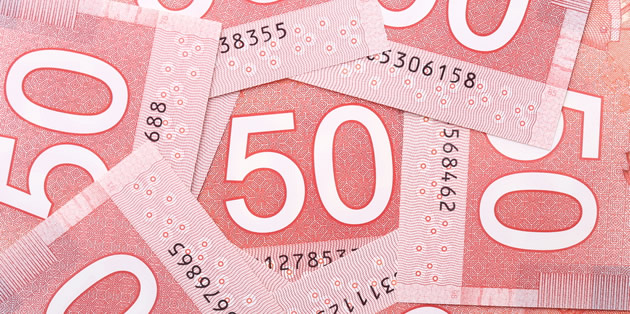The Euro to Canadian Dollar (EUR/CAD) exchange rate softened on Thursday after oil prices rallied by 2% to regain some ground following the sharp 6% drop in prices seen earlier in the week.
The Euro to Canadian Dollar (EUR/CAD) Exchange Rate slipped to a session low of 1.3456
The ‘Loonie’ firmed against the Euro as it was supported by an increase in oil prices which rose as speculators continued to make bets as to when the high supply in the USA will start to ease. Despite the price rise, the value of the commodity remains bearish due to high production and modest demand.
‘We are seeing little sign of economic acceleration…and anticipate a meaningful decline in oil production is still a couple of months away. Total US crude stocks continue to fly far above 5-year highs, setting new records every week,’ said an analyst.
Also supporting the Canadian Dollar was data, which showed that the nation’s new home price index increased unexpectedly in February. According to the report published by Statistics Canada, new house prices rose 0.2% in the second month of the year. On an annual basis, prices were higher by 1.4%.
Separate data showed that the value of Canadian building permits declined in February for a second consecutive month. The value of building permits fell by -0.9% adding to the revised figure of -12.3% recorded in the preceding month.
Positive US jobless claims data also lent some support to the Canadian currency. As the USA is the nation’s largest trading partner, positive data often gives support to the ‘Loonie’.
The Pound Sterling to Canadian Dollar (GBP/CAD) Exchange Rate Fell to a session low of 1.8529
The Canadian Dollar also advanced strongly against the Pound after the London based Office for National Statistics (ONS) showed that the UK’s trade deficit widened to £10.34 billion in February. The Bank of England also chose to leave interest rates at the record low level of 0.50%. The bank also left its monthly quantitative easing programme at £375 billion.
Greece Successfully Repays IMF Loan
Sentiment towards the ‘Loonie’ also received a boost as worries eased over the Greek situation eased slightly after the indebted nation successfully completed the repayment of a €450 IMF loan which was owed today.
A Greek government official simply said; “The payment has been made.”



